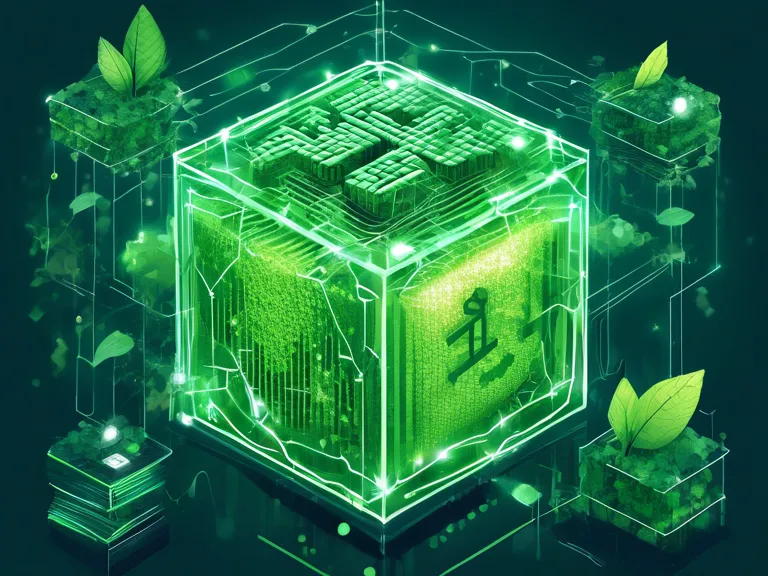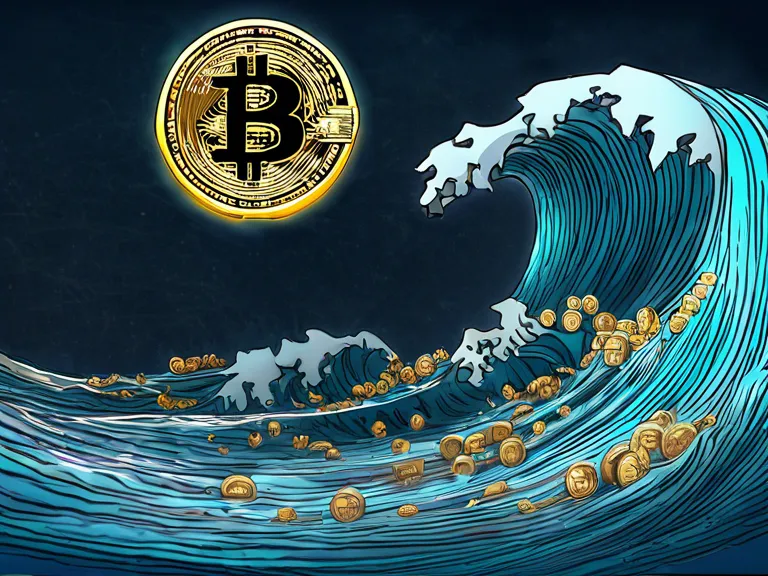
Why Blockchain for Coastal Ecosystems?
So, you know how our coastal ecosystems are facing some serious threats, right? Pollution, overfishing, climate change, you name it. Well, turns out, blockchain technology might just be the unexpected hero in this situation. Gila sih this thing can actually help us track and monitor environmental data in a super secure and transparent way.
What's the Deal with Blockchain Anyway?
Okay, so imagine blockchain like a digital ledger, but way cooler. It stores information in blocks that are linked together and secured using cryptography. Me and my team were mind blown when we realized that this technology can help us create tamper-proof records of environmental data, from water quality to biodiversity levels.
How Can Blockchain Save Our Coastal Ecosystems?
Lumayan lah, blockchain can revolutionize how we manage and protect coastal ecosystems. By using blockchain, we can ensure that data on things like illegal fishing activities or habitat destruction is securely recorded and easily accessible to stakeholders. This transparency and traceability can empower communities to take action and hold accountable those who harm our precious marine environment.
Pro tip: Blockchain can also enable innovative solutions like tokenized incentives for sustainable practices, encouraging fishermen or businesses to adopt eco-friendly behaviors in exchange for rewards. It's like a high-tech, eco-warung-style barter system!
Why this matters?
Protecting our coastal ecosystems is not just about saving cute sea turtles or colorful corals (though that's a big part of it, of course). These ecosystems provide vital services to communities, from food security to coastal protection. By harnessing blockchain for environmental advocacy, we can ensure the long-term health and sustainability of our oceans, benefiting both people and nature.
Fun story: Did you know that some startups are already using blockchain to create digital twins of marine areas, allowing real-time monitoring and analysis of ecosystem health? It's like having a virtual guardian angel for our oceans!
Got thoughts?
